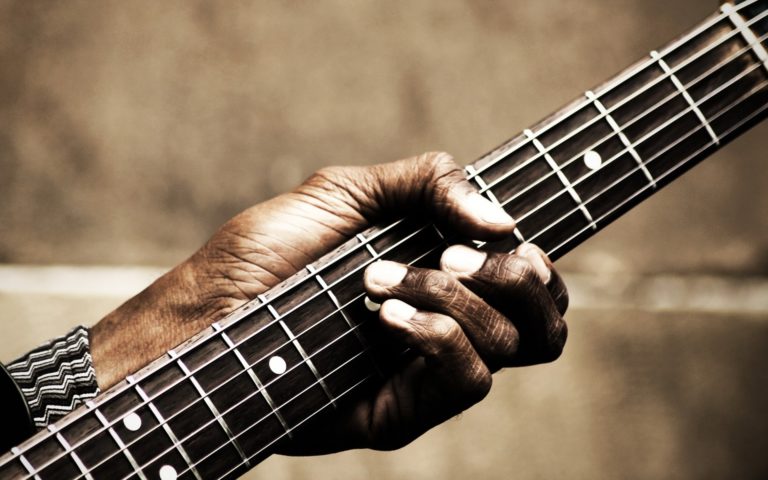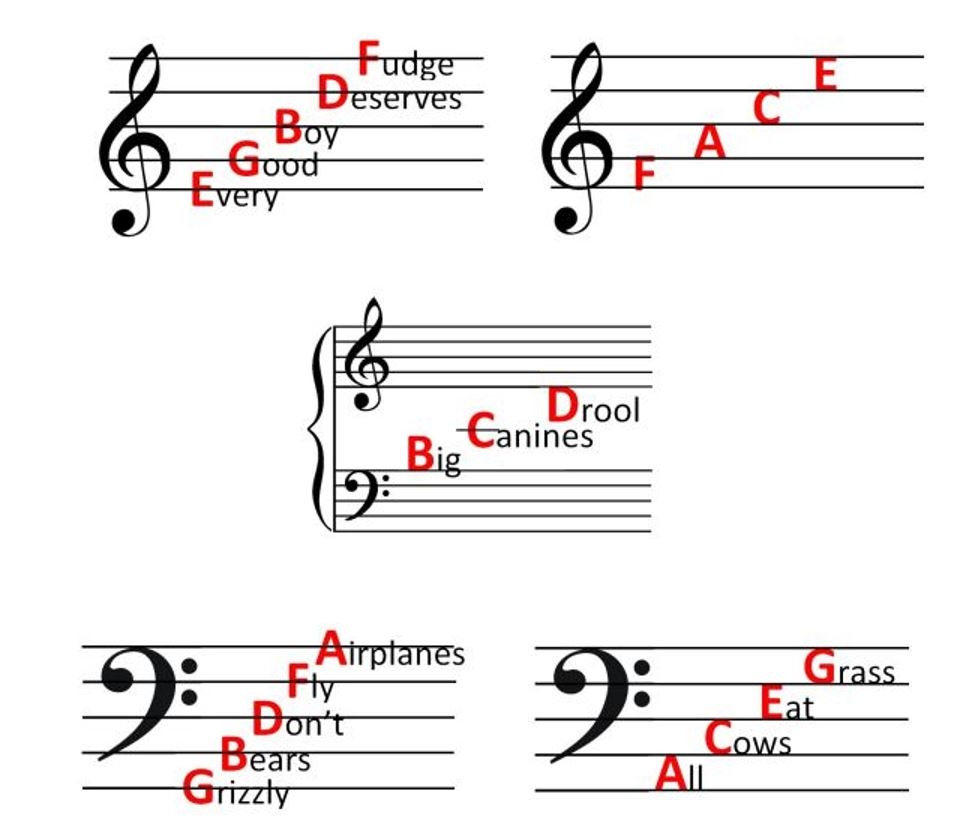Firstly, I’d like to preface this by saying that music is an ART. With enough passion and practice, there’s no limit to how far you can go in life while following music. However, when taught at school there are criteria attached. This is a difficult thing to do since music is so beautifully subjective. How to get an A in music comes down to both art, and study!
Typically, there are three main areas of assessment to conquer: performance, analysis, and composition. How to get an A in music studies, and one of those highly coveted spots at university means nailing all three. By following the simple steps in this blog, you will hopefully be able to steer your love of music through these three avenues and nail it!
1. Choosing your song

When doing a performance assessment, you can usually pick the song you want to do, but how on earth do you choose?! Firstly, I’d recommend a song that you LOVE.
Nobody wants to practice playing or singing a song they don’t like. Secondly, choose a song that’s CHALLENGING. Show them what you can do! Choose fast, complex, unusual songs that will make you stand out. Of course, this won’t be easy, but it leads me to my next tip.
2. Practice, Practice, Practice

This may seem obvious, but the practice people put in is not always enough. Whether you’re singing, playing guitar, piano, woodwind, or brass, practice will be your best friend. You can’t get an A in music without it. With enough repetition, the breaths, the lyrics, and the fingering will move into your muscle memory and you won’t need to think of what comes next. It will be second nature to you. That is the most important part of your performance taken care of. Now that you’re not worrying about getting the notes right, you can focus on the technique. You can FEEL the song and play it like it was meant to be played.
If it’s slow and melodic, you can feel the notes sigh together. If it’s fast and sharp, you can get the staccato snap that keeps the teacher on their toes. Don’t just play the notes, play the song. Play with the volume and the tempo and keep the teacher on their toes!
3. Listen widely

If you’re studying music, it’s likely that you have a passion for it in one way or another. We all have our favourite songs and genres of course, but let’s explore what else is out there!
Listen to different genres, ask what your mum and dad used to listen to. We can then get a better understanding of what we like (and don’t like) and why. Have you listened to country music? What is it that makes it country? Is it the lyrics? Is it the twang of the guitar?
Let’s find out! Think about the song ‘Achy Breaky Heart’. This is a classic country song that springs to mind. For me, what makes it a country song is the distinctive sound of the guitar, the strong southern American accent of the singer, and the beat that lends itself to an old-fashioned line-dance!
The more you know about a song and the genre it belongs to, the more you can explain what makes it what it is. This will help with the analysis types of assessment.
4. Think about what you hear
When we listen to music, we listen because we like it. But let’s dive a bit deeper. How does this song make you feel? How does it do that? If we listen to a sad song, is it the lyrics that make it sad? The instruments used? The tempo? The pitch?
Usually, it’s a combination of all the above. We can apply these questions to other mediums as well. How about movies? It’s surprising how much movies rely on music to set the scene.
Have you seen Lord of the Rings? They play the same song when the characters are in The Shire. The sweet, slow, and melodic sounds of the tin whistle with the smooth strings behind it represent home. You can listen to the example here.
On the other hand, what about when they’re going to battle or climbing dangerous mountains? We hear harsh and loud brassy instruments that match the surroundings. You can listen to the example here.
Why would they change the music throughout the movie? The theme for the shire has no drum beat, is slow, and is played in a major key.
If you close your eyes and listen does it make you think of home and comfort? What about the second one? The rapid drum beat, and loud bursts of brass instruments puts me on edge and makes me feel like the soldiers going into battle.
Music is well utilised in movies to allow the audience to emotionally connect with the story. Next time you watch a movie, take care to listen to the music and how it shapes the narrative.
5. Use mnemonics to remember the notes
This will help with both performance and composition. You should now be aware of the letters associated with each note: ABCDEFG along with sharps and flats.
These are applied to treble and bass in a very specific order which might be difficult to remember. Try using these to help you or create your own:

(jamusication, 2015)
6. Practice your scales

Songs will be played in a certain key which sets the tone for the song. Those in a major key are happier and more wholesome while those in a minor key seem sadder and despairing.
When composing music, choosing the key is important to decide what kind of song you will produce. If you play or sing up and down the scales in each key, you can pick the one that suits the mood of your song.
Doing this will also help with performance pieces as it involves practice. After a while, you can commit these scales to your muscle memory and make difficult songs a piece of cake.
7. Enjoy your music
Yes, studying music can be hard work and we may not enjoy every part of it. Just remember why you chose it in the first place and why you love music. Think of how amazing it is that dots and lines on a page can lead to something extraordinary.
Just like a recipe can lead to delicious food. It may be difficult to restrict yourself to assessment criteria but it’s all music and it’s all art. Revel in the magic of music and just do your best!
Here at A Team we believe that EVERY student has the potential to reach that A+. It’s not a matter of talent or gifted ability, it’s about attitude, effort, and resilience. How to get an A in music is the first step to getting a place at university, or even in an orchestra. It’s a competitive course, some would say more competitive than medicine. But you’ve got this.
Now you know how to get an A in music, what about those other ATAR subjects?
Getting a great ATAR isn’t everything when it comes to studying music at university, but with the performing arts being so competitive, everything you can do to develop your talents will contribute. It’s not just about ATAR and university, it’s about becoming the best artist you can be.
That is what we teach in our tutoring sessions. If you are struggling in any subject, we will be right there with you, to guide and help for as long as it takes until you reach your goal.
If you have the determination and follow these tips, I have no doubt that the elusive A+ will be yours.
